Moderator Cathy Mohlahlana with panellists Desiree Jason, Phumelele Mngomezulu, Muzi Ndlovu, Lieketseng Mohlakoana-Motopi and Phinah Kodisang.
Early and unintended pregnancies remain a critical challenge in South Africa, significantly impacting the health, education and socioeconomic prospects of girls
Ziyanda Ngoma (UNFPA) Ziyanda Ngoma & Vigdis Beassier (Embassy of France)
How can I look after a child as a child myself? In South Africa, far too many children find themselves asking this question.
Recognising the urgent need to break the cycle of childhood pregnancy, the United Nations Population Fund (UNFPA) — in partnership with the French Embassy in South Africa, Lesotho and Malawi — hosted a Critical Thinking Forum together with the Mail & Guardian. The event was held at the Nelson Mandela Foundation in Johannesburg on 23 April 2024.
In his opening remarks, United Nations Resident Coordinator Nelson Muffuh highlighted the importance of equipping young individuals with skills and empowering them to make informed decisions about their sexual and reproductive health. “Efforts to avert teenage pregnancies in South Africa are crucial for ensuring the development of the country’s human capital. Therefore, by investing in education, vocational training and comprehensive sexuality education, the UN aims to enhance the future prospects of adolescents, reduce their vulnerability to early pregnancies, and ultimately promote their overall wellbeing and empowerment.”
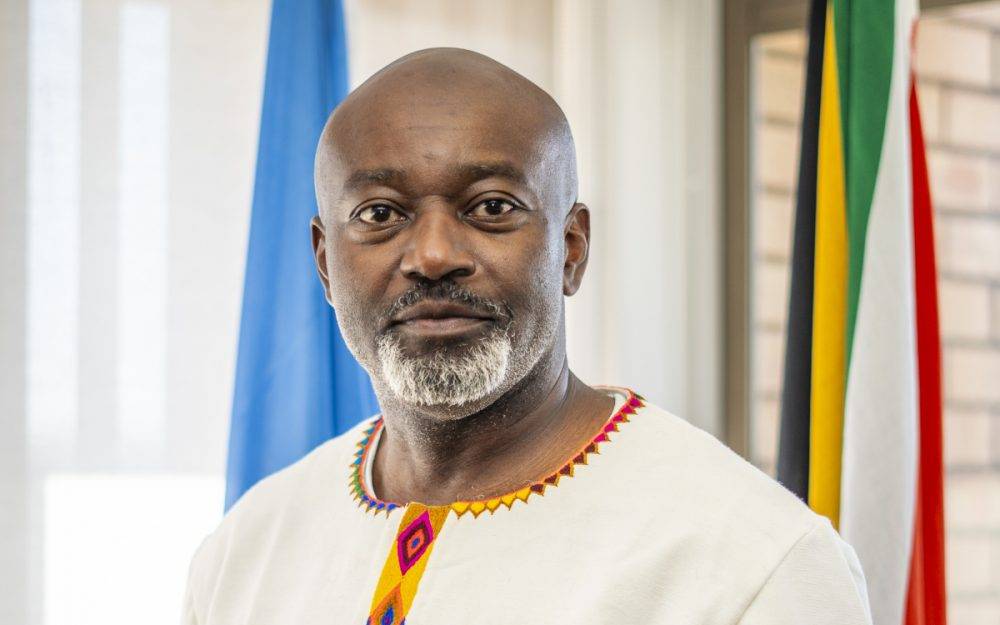 Nelson Muffuh, United Nations Resident Coordinator.
Nelson Muffuh, United Nations Resident Coordinator.
Cecelia Kok, Attaché for Cooperation and Development at the French Embassy in South Africa, Lesotho and Malawi, said: “There are enduring repercussions of bearing a child as a child oneself; having a child affects a young mother’s education, their economic prospects and their physical and mental wellbeing — all of these factors have terrible knock-on consequences for the children of young mothers.”
Lieketseng Mohlakoana-Motopi, a researcher at the Commission for Gender Equality, noted: “Despite having a policy that encourages girls to go back to school post-delivery, 60% of pregnant learners are unable to go back to school. This is mainly due to the lack of access to contraceptives, the fear of stigmatisation and lack of parental involvement.”
Lockdowns and disruptions in healthcare services throughout 2020 and 2021 had the effect of limiting access to sexual and reproductive health services for young people, while school closures reduced access to information and supportive environments. The economic strain caused by the pandemic also exacerbated existing vulnerabilities among youth, making them more susceptible to engage in risky behaviours.
Data from the Department of Health shows that in 2021 and 2022, the hotspots for childhood pregnancy were located predominantly in Kwazulu-Natal, Limpopo, North-West and with notable occurrences also in Gauteng. “Of concern is that the mentioned hotspot areas were mostly traditional rural communities where harmful cultural practices still exist,” said Phinah Kodisang, CEO of Soul City Institute. “So, it is important to understand high risk areas and the dynamics associated thereof, as teen pregnancy is a layered challenge; it’s critical to understand these complexities.”
A study commissioned by the French Embassy in South Africa, Lesotho and Malawi and carried out by Southern Hemisphere, a socioeconomic development consultancy, was presented at the event. Examining the effectiveness and resourcing of interventions to prevent early and unintended pregnancies in South Africa and Malawi, it confirms that challenges are multifaceted, and thus layered approaches are required to address the problem.
The study reaffirms many of South Africa’s models, but found that projects were not widespread enough to meet demand. At a structural level, there are too few programmes targeting the drivers of childhood and adolescent pregnancies, for example the prevailing macroeconomic conditions, poverty, and unemployment. The lack of provision of contraceptives was identified as a problem. Messaging in childhood pregnancy prevention projects was found to be inadequate. The study also indicates insufficient psychosocial support for girls and boys, challenges with school-based programmes and insufficient programmes to address harmful social norms.
Pupils from high schools said they often felt boys are “let off the hook” when a teenage girl falls pregnant. “Why are we not talking to boys about their role? It is not just us as girls that make the child, but we are left to take up all the responsibility,” one teenage girl from Johannesburg South asked.
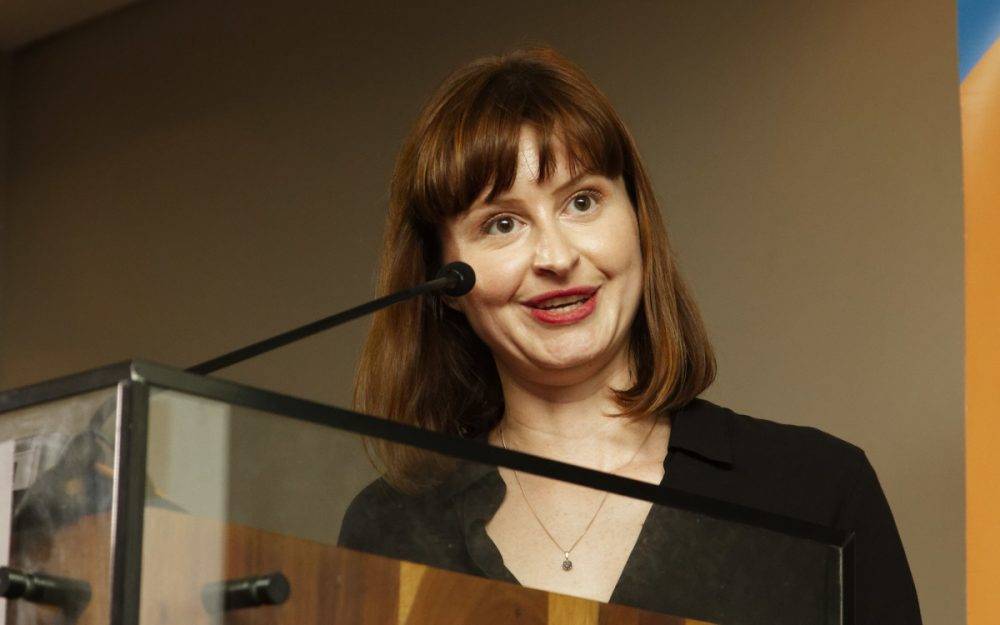 Cecelia Kok, Attache for cooperation and Development for South Africa, Lesotho and Malawi: Embassy of France.
Cecelia Kok, Attache for cooperation and Development for South Africa, Lesotho and Malawi: Embassy of France.
Indeed, breaking the cycle of childhood pregnancy requires a multi-pronged approach involving various policy interventions across different sectors. Governments can create an enabling environment through policy development and implementation, funding and coordination. By working together in partnership with young people, communities and governments, meaningful change can be driven to make lasting impact. Laws that protect children from sexual violence and exploitation must be enforced, and perpetrators held accountable. Responsible parenthood and open communication between parents and children about sexuality must be promoted. Affordable and accessible childcare options, to enable young mothers to continue their education or pursue employment, should be made available.
Representatives from the Department of Social Development as well as of the Department of Sports, Arts and Culture highlighted that government, in collaboration with NGOs and community stakeholders, was continuously working towards implementing comprehensive strategies that promote sexual and reproductive health education, access to contraceptives, and support services for young people.
“Despite these efforts, several gaps remain: the programmes lack comprehensive approaches to address social norms and unemployment and poverty at the community level,” said researcher Petronella Ncube from Southern Hemisphere.
“Through a comprehensive and lifecycle approach that includes education, health services, and community engagement, we at UNFPA aim to support young people, in particular adolescent girls and young women in South Africa, by leveraging our expertise and convening our power,” concluded Yu Yu, UNFPA representative for South Africa.
“Together, we will break the cycle of childhood pregnancy through enhancing gender equality, improving educational outcomes, and empowering girls to make informed decisions about their reproductive health and, ultimately, to realise their infinite potential.”
Advancing reproductive rights: A call to action to end early and unintended pregnancies
The ICPD Programme of Action puts the sexual and reproductive health and the wellbeing of individuals, in particular of women and girls, at the centre of population programme
Ziyanda Ngoma
As South Africa celebrates 30 years of democracy and the world commemorates the 30th anniversary of the International Conference on Population and Development (ICPD), it is a poignant moment to reflect on the progress made and the challenges that persist in advancing reproductive rights, particularly in ending early and unintended pregnancies. Despite significant strides towards equality and social justice, the prevalence of unplanned pregnancies among young women and adolescents remains a pressing concern. Now more than ever, it is imperative to renew our commitment to ensuring that every individual has the right to make informed decisions about their sexual and reproductive health.
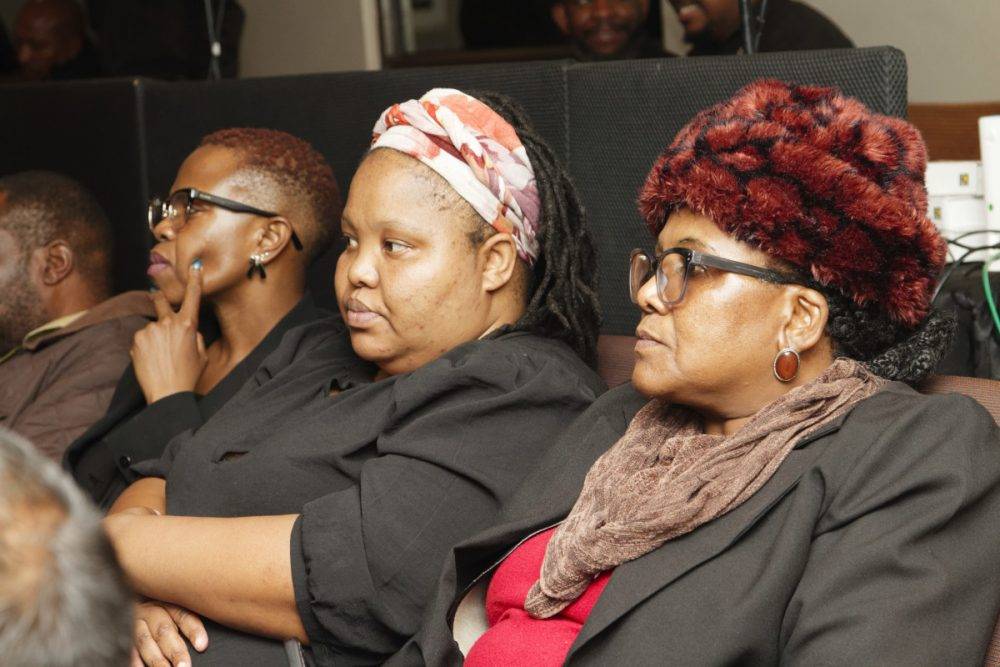 Members of the audience at the Critical Thinking Forum.
Members of the audience at the Critical Thinking Forum.
A journey of struggle and triumph
South Africa’s journey to democracy was marked by struggle, sacrifice and the unwavering pursuit of freedom and equality for all its citizens. The dawn of democracy ushered in a new era of hope and opportunity, where the rights and dignity of every individual were enshrined in the country’s Constitution. Yet, as we celebrate this milestone, we must acknowledge that the promise of democracy remains unfulfilled for many, especially for young women whose reproductive rights are still denied.
The International Conference on Population and Development (ICPD) held in Cairo in 1994 is considered as one of the most significant global conferences ever held, as it radically transformed the way in which countries look at how population policies and programmes should be formulated and implemented. It marked the completion of a long historic process from “population numbers” in the 1960s and 1970s, to “family planning” in the 1970s and 1980s, to “comprehensive sexual and reproductive health” from 1994 onwards.
The ICPD Programme of Action adopted by 179 countries in Cairo introduced a new way of thinking about population policies and programmes, putting the sexual and reproductive health and the wellbeing of individuals, in particular of women and girls, at the centre of population programmes. Because of the ICPD Programme of Action, universal access to sexual and reproductive health information and services became the cornerstone of redesigned population programmes the world over.
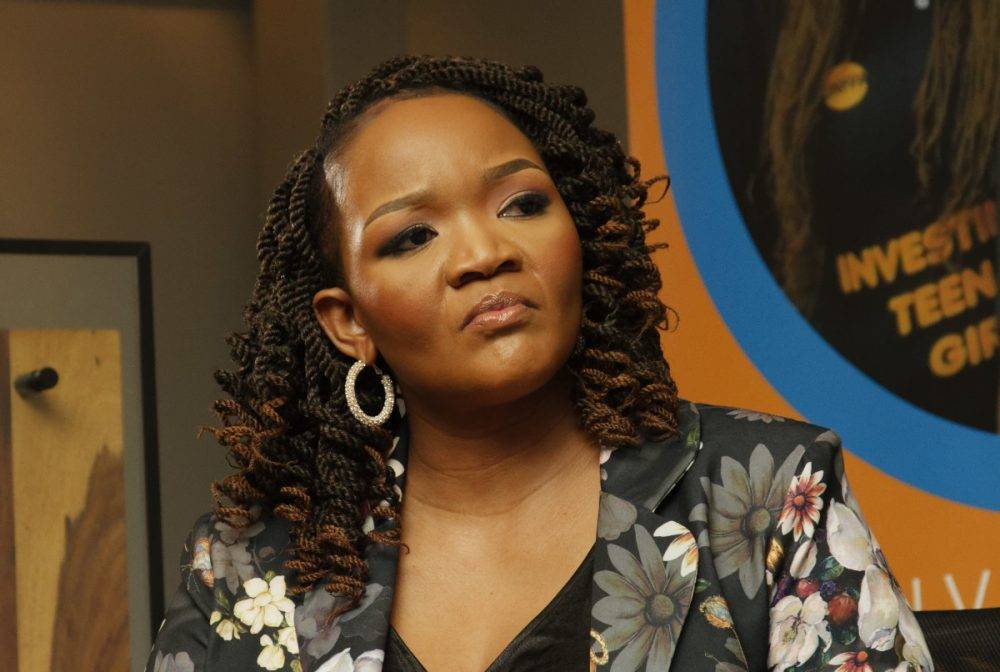 Cathy Mohlahlana, Moderator.
Cathy Mohlahlana, Moderator.
While significant progress has been made, this progress has been uneven, and inequalities persist. The guiding principles of the Population Policy for South Africa (1998) places the responsibility on the government to facilitate people’s ability to make informed choices, and to create an environment in which they can manage their lives. South Africans have the right to be informed about all matters relating to their daily lives. Despite the constitutional guarantees of equality and reproductive rights, South Africa continues to grapple with high rates of early and unintended pregnancies, particularly among young women and adolescents.
Evidence shows that early sexual debut contributes to increased teenage pregnancy, unsafe abortions and sexually transmitted infections, including HIV, with prevalence in the female population being higher. HIV prevalence among those aged 20-24 years is three times higher in young women.
Limited access to comprehensive sexual education, inadequate provision of contraceptives, socioeconomic disparities, and cultural norms surrounding gender and sexuality all contribute to this persistent challenge. The consequences of early and unintended pregnancies are far-reaching, affecting individuals’ health, education, and economic opportunities, and perpetuating cycles of poverty and inequality.
As South Africa commemorates 30 years of democracy and the world celebrates the ICPD’s 30th anniversary, it is a moment for introspection and action. We cannot afford to stand idly by as the rights and wellbeing of young women and adolescents are undermined by unplanned pregnancies. It is incumbent upon governments, civil society organisations, healthcare providers, educators and individuals themselves to take decisive action to address this issue.
Ending early and unintended pregnancies requires a concerted effort from all sectors of society. Governments must prioritise investments in sexual and reproductive health services, including comprehensive sexual education and accessible contraceptives. Civil society organisations play a vital role in advocacy, community outreach, and support for young parents. Families, schools, and communities must create environments that promote open dialogue, respect and empowerment.
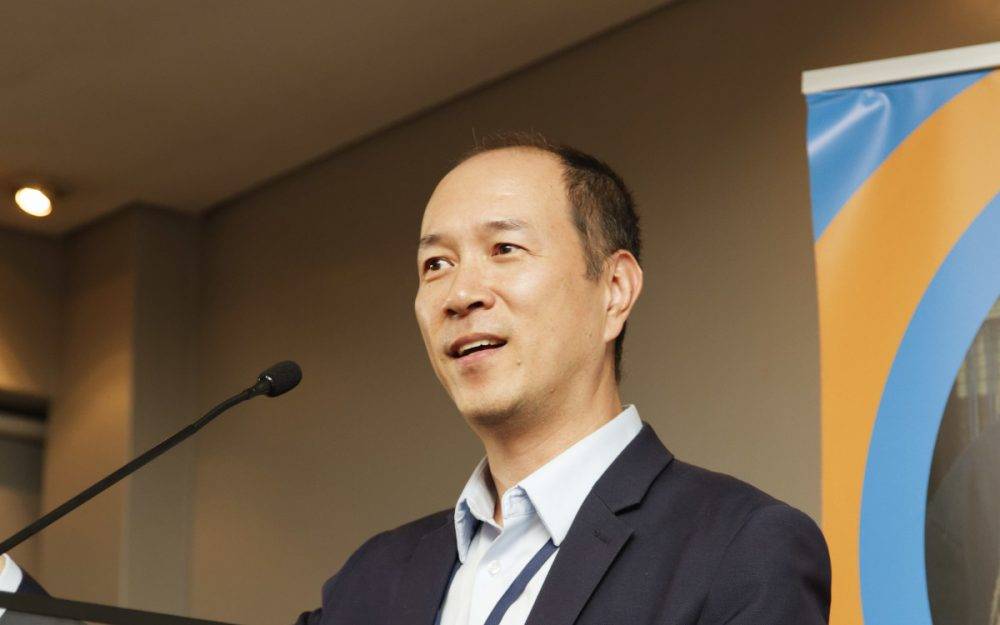 Yu Yu, UNFPA representative.
Yu Yu, UNFPA representative.
Addressing root causes
To truly tackle early and unintended pregnancies, we must address the root causes that perpetuate this cycle. Access to comprehensive sexual education is paramount. Young people deserve accurate information about contraception, consent, reproductive health and relationships. By empowering them with knowledge, we equip them to make informed choices about their bodies and futures.
Moreover, access to affordable and youth-friendly reproductive health services is essential. Contraceptives should be readily available, without judgment or barriers. Every young person should have the autonomy to decide if, when, and how they want to start a family.
South Africa still has not been able to fully achieve the ICPD agenda, and putting young people at the centre of development is one way that it can accelerate its pace. The National Development Plan already recognises that South Africa’s population has hit a “sweet spot”, with a highly favourable age distribution profile, with a large youth and working-age population and proportionally fewer very old people and very young children. Through more targeted policy actions and investments to realise a youthful population that is healthy, educated, and productive with the requisite skills for a 21st century economy, the country can accelerate closing the gap to address the unfinished agenda.
Breaking down stigma and shame
Beyond policy reforms and service provision, we must challenge the stigma and shame surrounding early pregnancies. Too often, young mothers face discrimination and exclusion from their communities. It’s time to foster a culture of support and understanding, where young parents are embraced and provided with the resources that they need to thrive.
Comprehensive sexual education must be integrated into school curricula, providing young people with the knowledge and skills they need to make informed decisions about their sexual and reproductive health. Access to contraceptives must be expanded and made more affordable, ensuring that every individual has the means to plan their families according to their own desires and aspirations. Moreover, efforts to challenge harmful gender norms, promote gender equality, and empower women and girls must be intensified, creating an enabling environment where every individual can exercise their reproductive rights free from coercion, stigma, or discrimination.
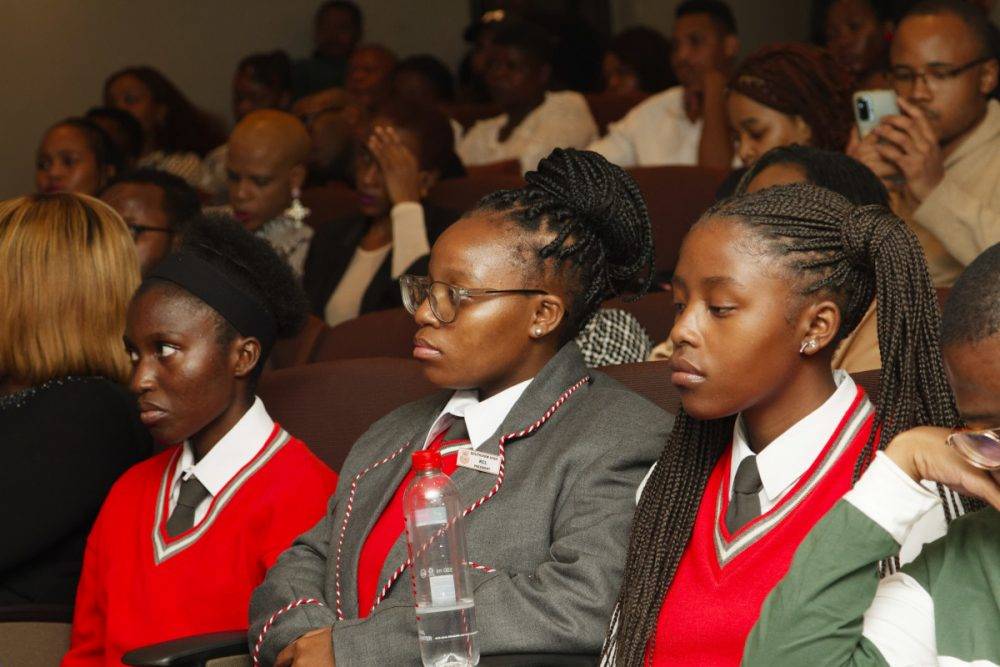 Learners from Southview High School at the Critical Thinking Forum held at Nelson Mandela Foundation in Johannesburg.
Learners from Southview High School at the Critical Thinking Forum held at Nelson Mandela Foundation in Johannesburg.
As South Africa commemorates 30 years of democracy and strives towards a future of equality and opportunity, we cannot ignore the plight of our youth trapped in the cycle of early and unintended pregnancies. The United Nations Population Fund (UNFPA) supports initiatives that promote human capital development, i.e. the process of acquiring skills, knowledge, and capacities that enable individuals to lead healthy, productive and fulfilling lives.
UNFPA recognises that investing in the health, education and empowerment of individuals, particularly women and girls, is crucial for achieving sustainable development and reducing poverty. This is achieved through increasing access to quality healthcare services, especially for women and girls; empowering individuals to participate in the economy and contribute to their communities; and by addressing the social and economic barriers that prevent individuals from fully realising their potential.
As the world celebrates the ICPD’s 30th anniversary, let us seize this moment to reaffirm our commitment to advancing reproductive rights and ending early and unintended pregnancies. We can create a future where every individual has the opportunity to lead a healthy, empowered, and fulfilling life, by upholding the principles of equality, dignity, and human rights. The time for action is now!
Ziyanda Ngoma is Head of Communications, Advocacy and Partnership Building, United Nations Population Fund (UNFPA)